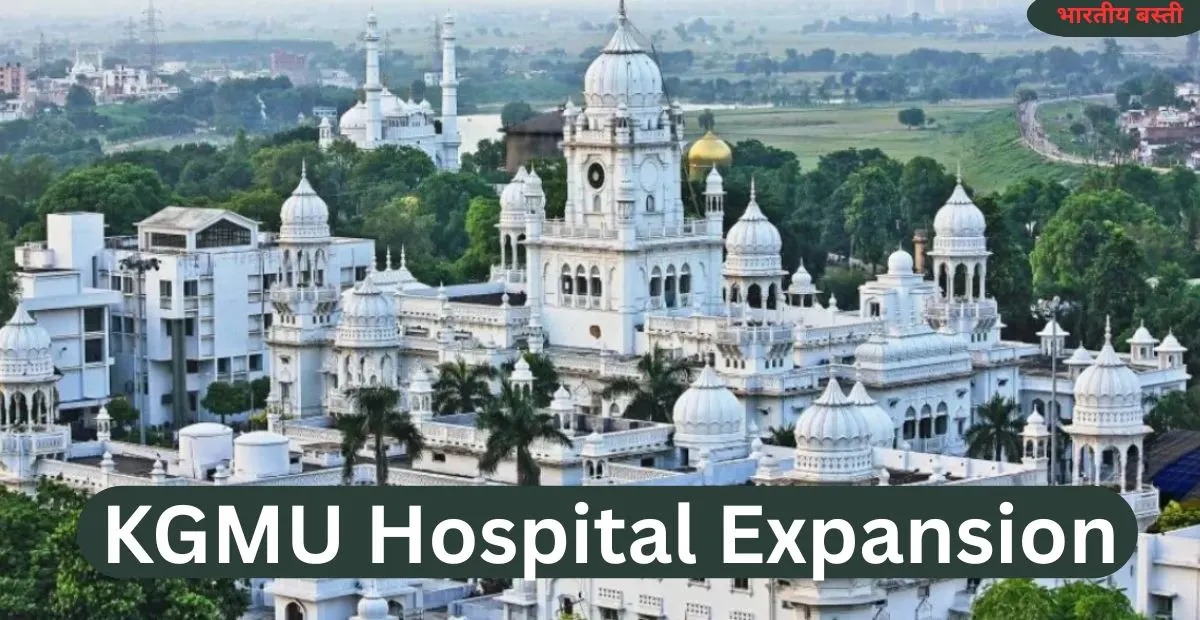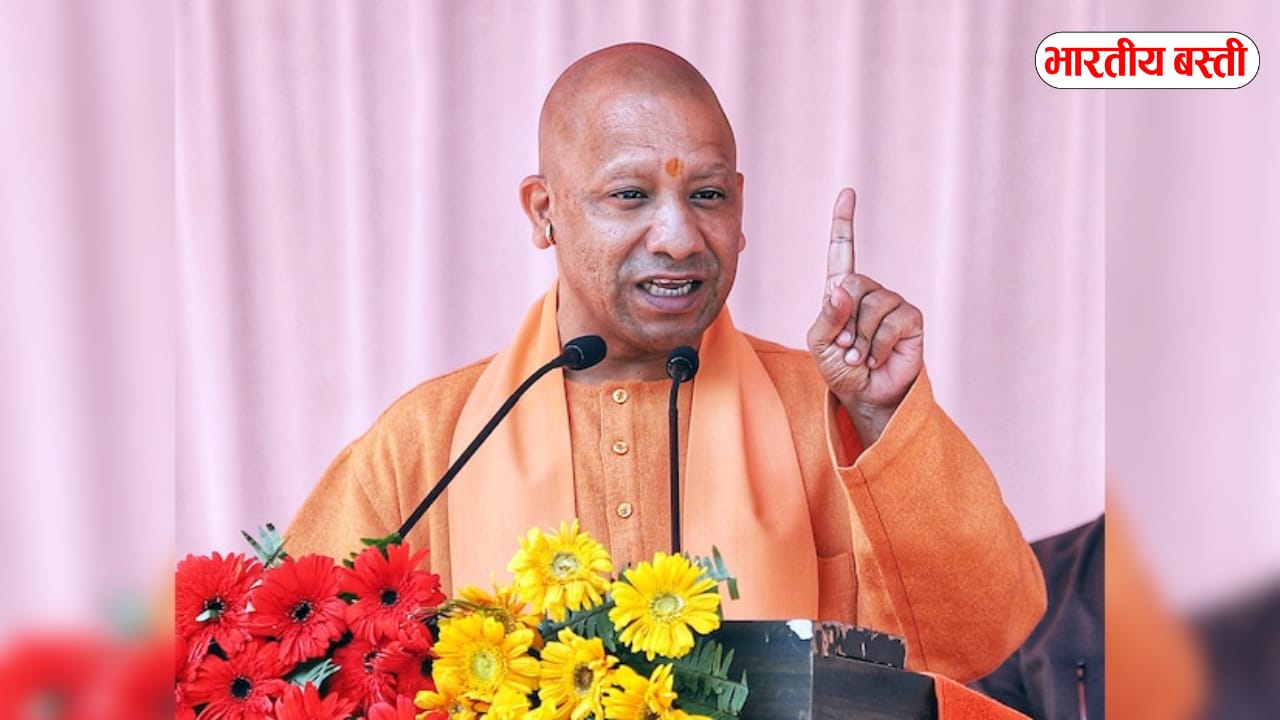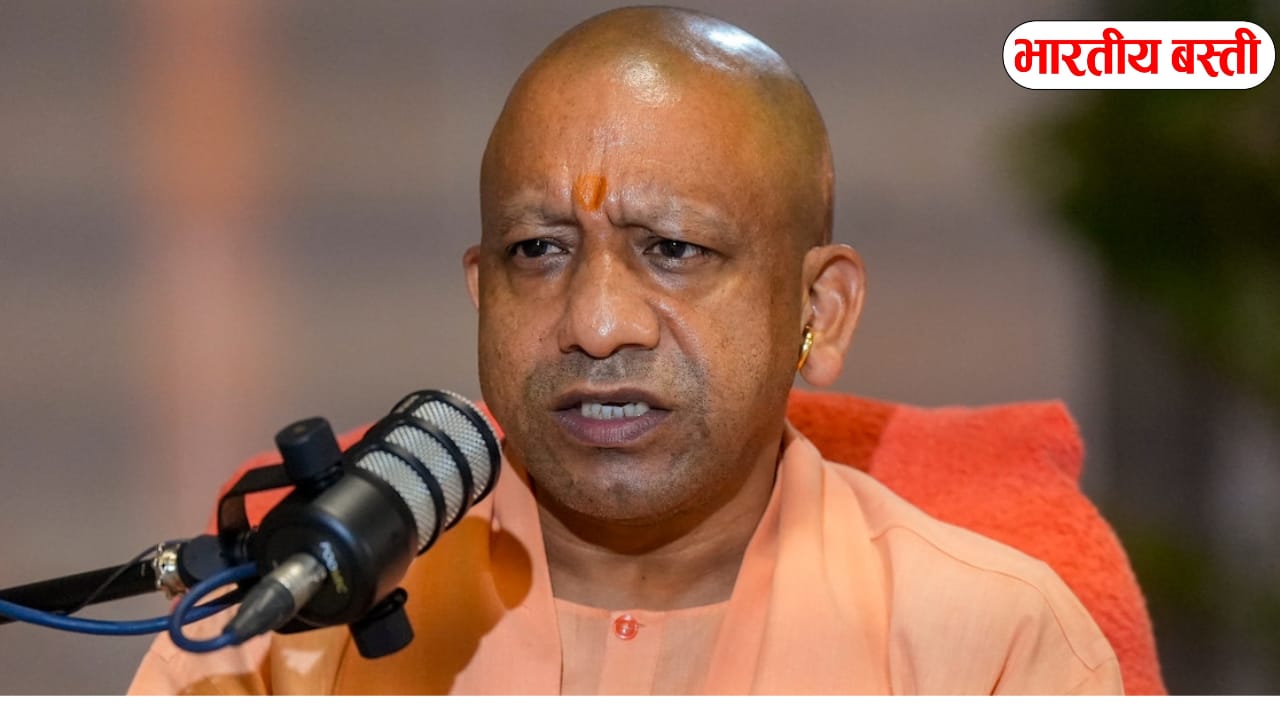The Uttar Pradesh government has launched a major project at KGMU Hospital Lucknow to enhance medical services, aiming to provide advanced and specialized healthcare to patients across the state.
The Uttar Pradesh government, led by Chief Minister Yogi Adityanath, announced on Monday the foundation laying of a ₹700 crore project at King George’s Medical University (KGMU) in Lucknow.
This initiative aims to improve healthcare services in the state by providing advanced treatment facilities for critical illnesses and emergency cases.
The project is expected to benefit patients from all over Uttar Pradesh.
1. Healthcare Infrastructure in KGMU Hospital Lucknow
The foundation stone was laid for several new buildings at KGMU, including a new Lari Cardiology building and a Center for Orthopedic Super Specialty.
The project, costing over ₹700 crore, includes construction of state-of-the-art medical infrastructure such as trauma care and general surgery departments.
The new Lari Cardiology building will increase bed capacity from 84 to nearly 180 beds, offering relief to heart patients.
The 10-story building will feature two catheterization labs (path labs), six floors dedicated to patient admission, and a four-level parking facility.
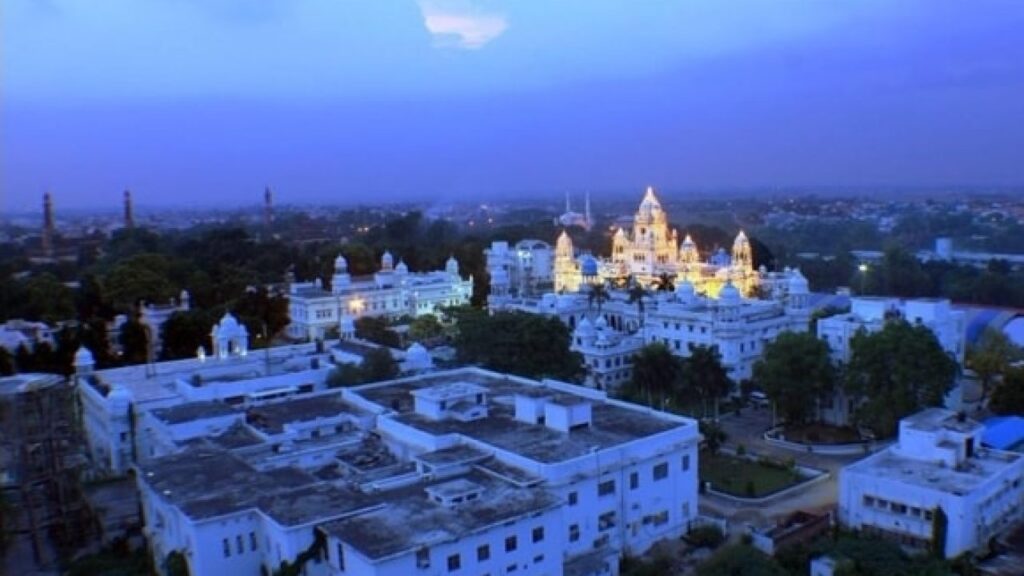
Similarly, an eight-story building for orthopedics and excellent specialty will house 340 beds, including 24 private rooms and 24 ICU beds, supported by eight operation theaters and eight OLD rooms.
The facility will include departments like orthopedic surgery, pediatric orthopedics, and supportive medicine.
Essential diagnostic services such as CT scan, X-ray, pathology, and a bone bank will also be part of the new infrastructure.
Additionally, a counter for affordable medicines will be established to help patients access cost-effective treatment options.
2. Positive Expert Reactions
After the completion of the new Lari Cardiology building, heart patients will get much-needed relief,” said Dr. Sonia Nityanand, Vice Chancellor of KGMU.
She added that the expansion would allow the hospital to admit more than double the current number of patients.
Dr. KK Singh, spokesperson of KGMU, also expressed confidence that the new facilities would significantly improve patient care.
Residents have welcomed the announcement, hopeful that these improvements will reduce the burden on existing medical centers.

3. Healthcare Upgrade
KGMU, being one of the premier medical institutions in Uttar Pradesh, has been working to meet the growing healthcare needs of the state’s population.
The increasing number of patients and complex cases highlighted the urgent need for expanded and modernized facilities.
Previous infrastructure could no longer efficiently handle the patient load or offer specialized treatments, making this ₹700 crore investment critical for future healthcare readiness.
4. Future Healthcare Benefits
The project aims to be completed in phases over the next few years, promising better emergency care and advanced treatment options under one roof.
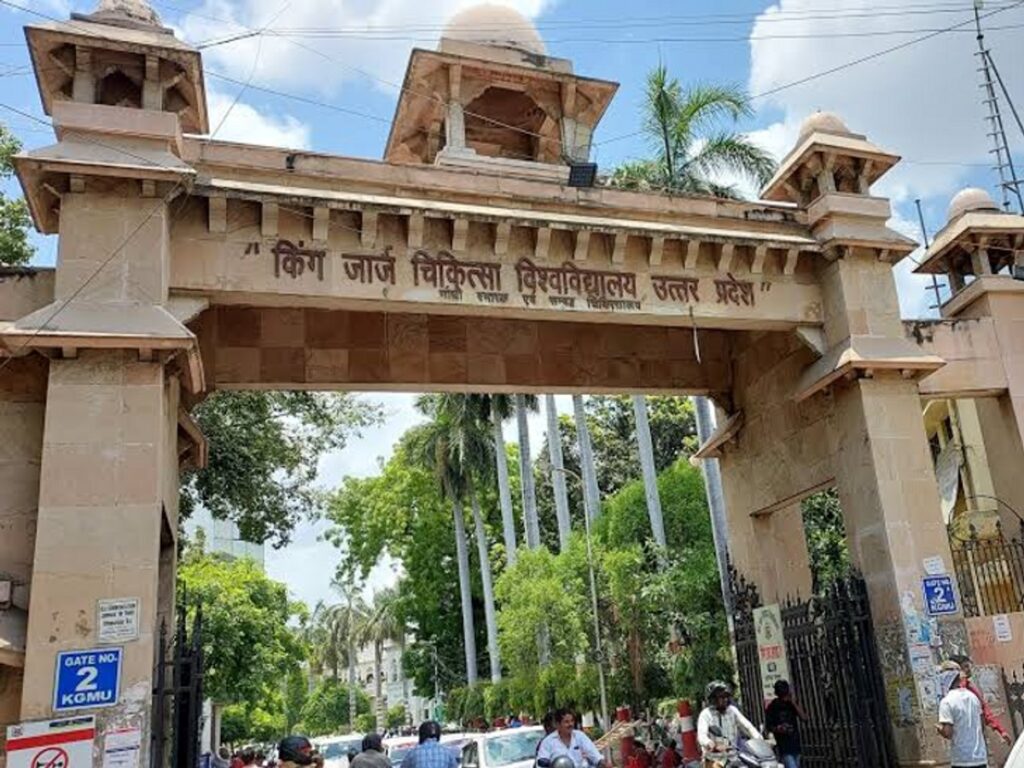
Patients will benefit from quicker, more effective diagnosis and treatment of heart and orthopedic diseases, along with emergency surgeries and critical care support.
The improved infrastructure is expected to raise the standard of healthcare services in Uttar Pradesh and reduce the need for patients to travel outside the state for specialist treatment.
Conclusion
Once completed, this ₹700 crore project at KGMU will transform healthcare in Uttar Pradesh, providing advanced, accessible, and affordable treatment to thousands of patients, ultimately improving health outcomes across the state.
FAQs
Q.1 What is the total cost of the new healthcare expansion at KGMU?
Answer: The government has invested over ₹700 crore in this expansion, covering new cardiology and orthopedic super-specialty centers, trauma and general surgery blocks.
Q.2 How many extra beds will the cardiology department get?
Answer: The new 10-storey Lari Cardiology building will increase bed capacity from 84 to nearly 180, including about 92 ICU beds.
Q.3 What facilities will the orthopedic super-specialty center include?
Answer: The eight-story center will house 340 beds (including ICU and private rooms), 8 operation theaters, 8 OPD rooms, and services like pediatric orthopedics, sports medicine, CT/MRI scans, X-ray, pathology, and a bone bank.
Q.4 When will the new buildings become operational?
Answer: The cardiology building is expected to begin functioning by late June/October 2025, with orthopedic and trauma facilities to follow in phases over the next 2–3 years.
Q.5 How will this expansion benefit patients?
Answer: Patients will get faster, quality care under one roof, reducing the need to travel out of state. It also eases overcrowding in the trauma and cardiology departments.
